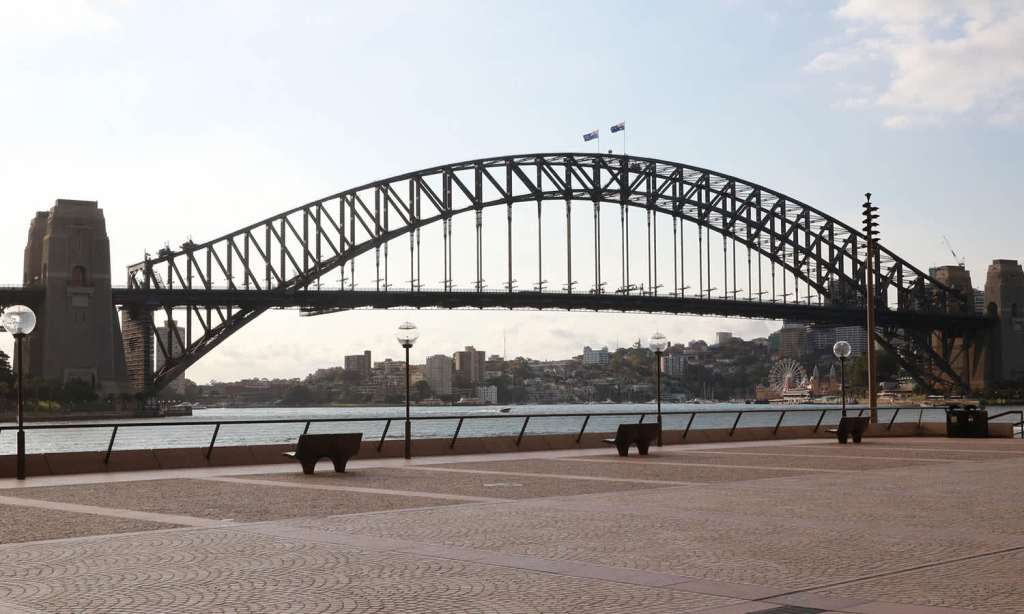With much of the world staying inside in an effort to stop the spread of coronavirus, the earth is experiencing a rather unexpected change to its movements.
Since we’re staying put, and ultimately, staying still, the earth’s crust is actually moving less, scientists at the Royal Observatory of Belgium have found.
A team of researchers at the facility have noted a significant drop in seismic noise — defined as a hum of vibrations in the earth’s crust — due to a lack in usual human activity like road transport and industrial machinery operations.
And with less ‘noise’ like these, scientists are finding they’re able to better detect ground motions like earthquakes, volcanic activity and explosions. Prior to the COVID-19 pandemic, it was much harder for scientists to distinguish between patterns.
According to data collected, vibrations as a result of human activity in Brussels has fallen by around one-third since mid-March, when the government introduced lockdown measures.
These results are bring reflected around the world, as seen by the Tweet below showcasing data from New Zealand.
The first day of living under #COVID19 Level 4 #HeavyManners is reflected in much reduced man made seismic noise in Auckland, New Zealand.
This is from @Geonet's Herne Bay seismometer.#eqnz pic.twitter.com/v1IzbE2xI7— ******* Pax (@matarikipax) March 26, 2020
The global outbreak has also contributed to a significant drop in pollution and greenhouse gas emissions, with the effects notably seen in countries like Italy and the outbreak origin of mainland China.
In mid-March, satellite imagery from The European Space Agency (ESA) showed a noticeable drop in emissions of nitrogen dioxide, which is a noxious gas emitted by power plants, cars and factories.
From the start of the year until March, the decrease in emissions can be viewed in the timelapse below.
In China, and over a four week period, experts recorded a carbon dioxide emissions drop of 25% or an estimated 200 million tons, compared to the same time period of the previous year The Independent reports.
The current health crisis is evolving rapidly. If you suspect you or a family member has coronavirus you should call (not visit) your GP or ring the national Coronavirus Health Information Hotline on 1800 020 080.







